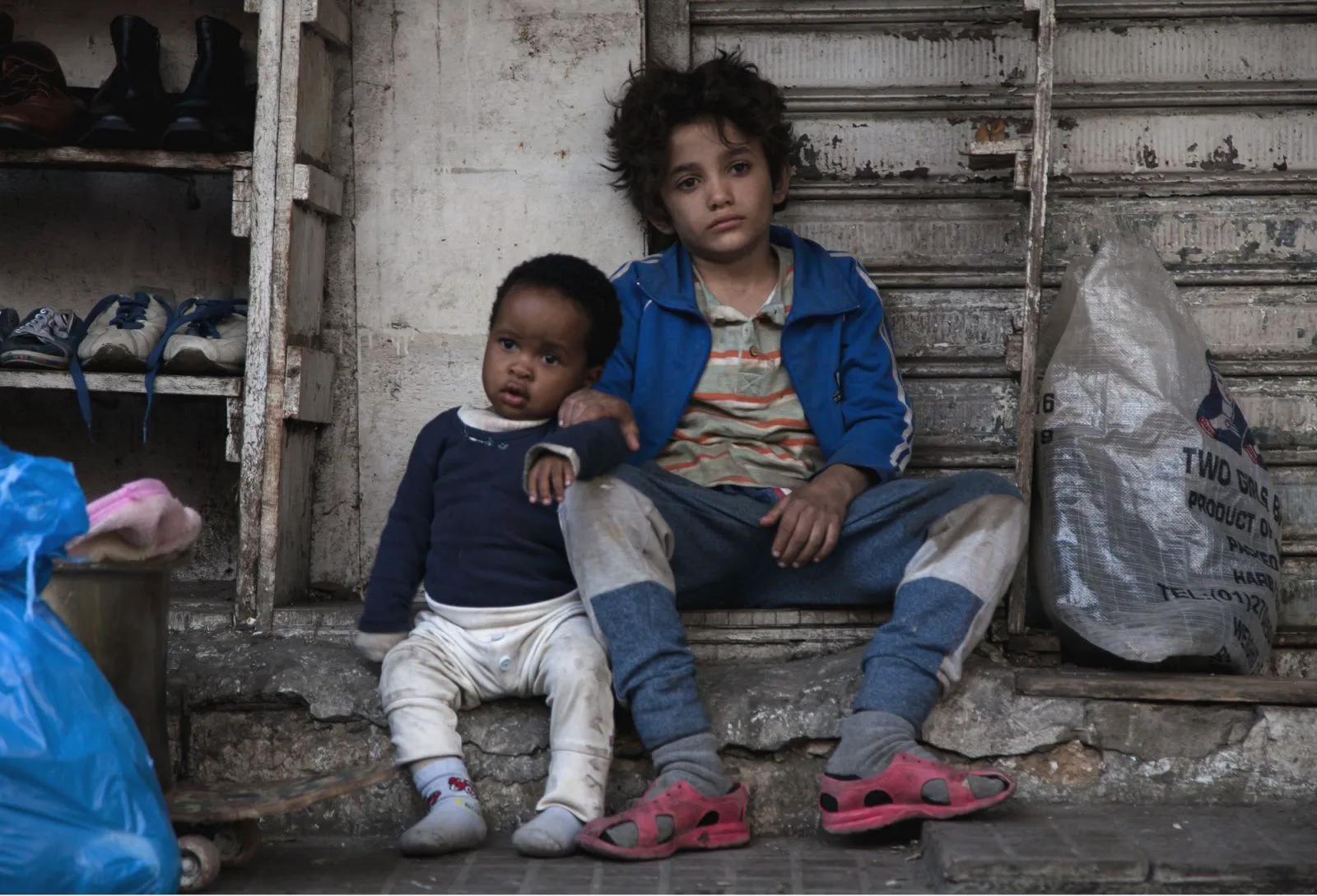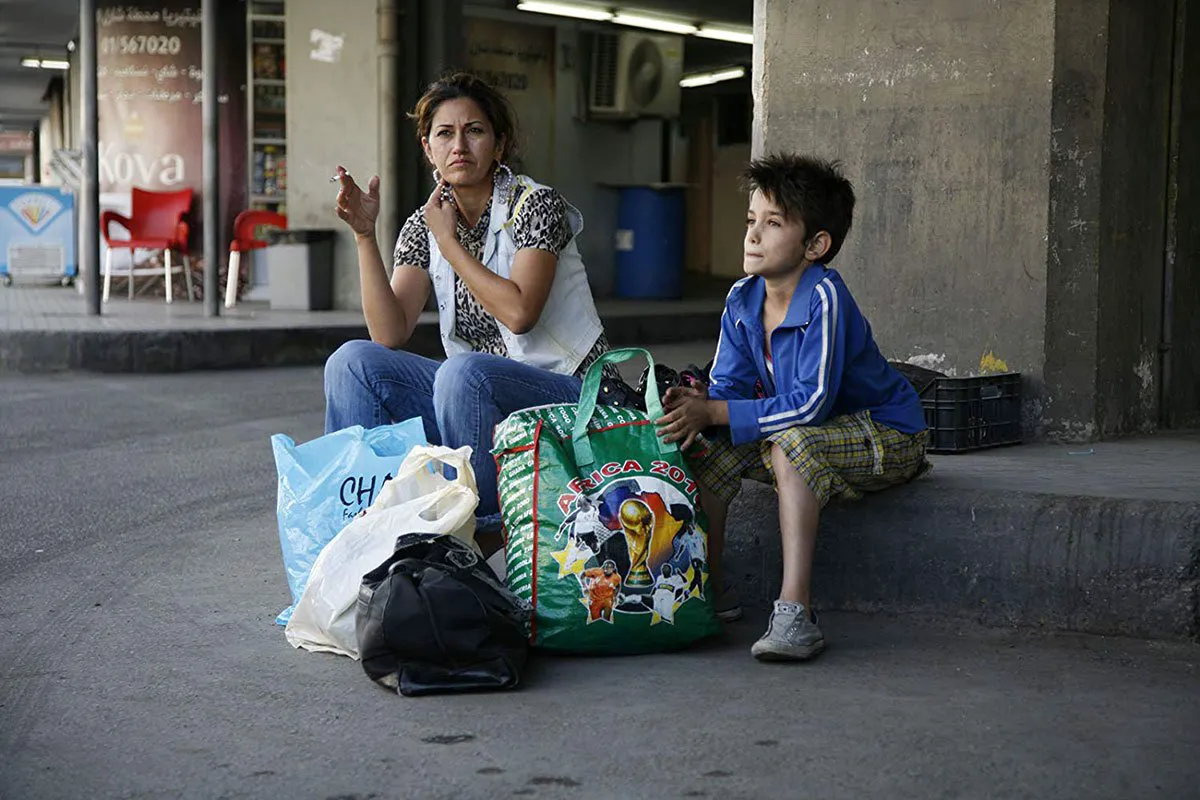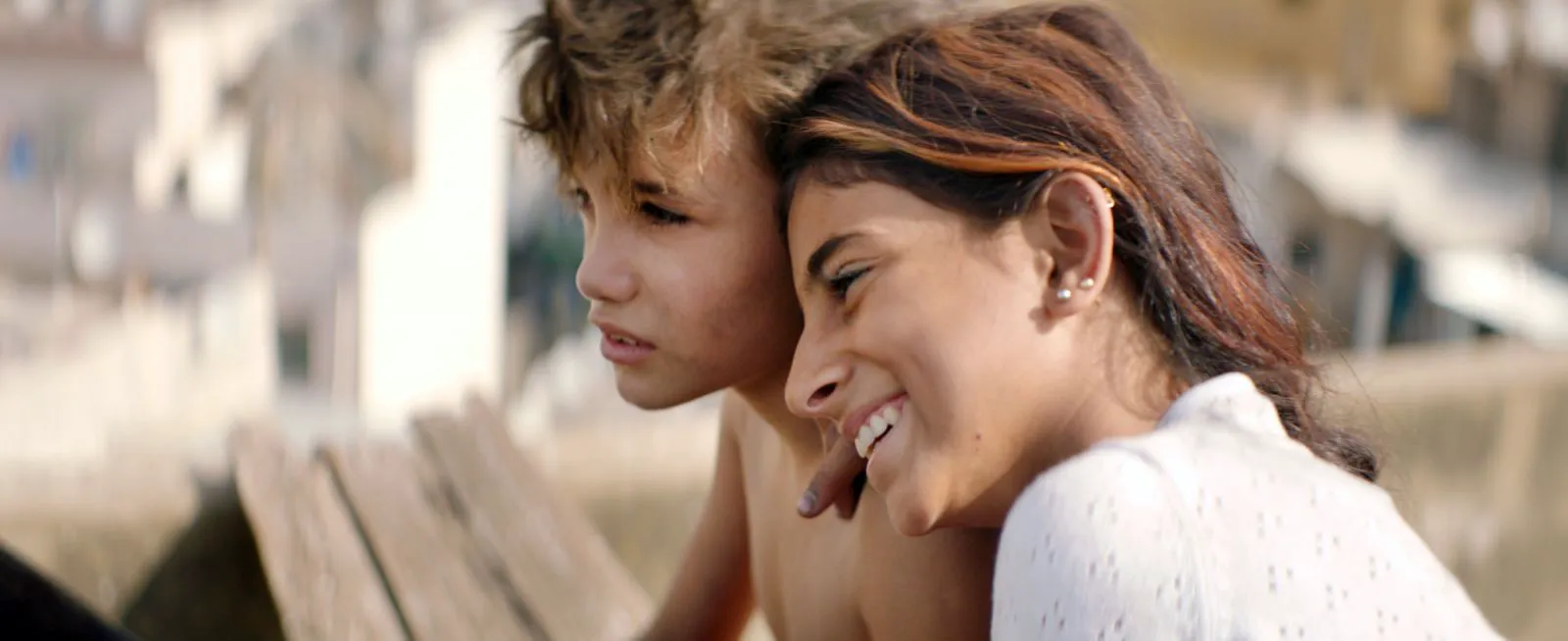Capernaum: A Raw and Heartbreaking Look at Childhood in Lebanon
A standout hit at last year’s Cannes Film Festival and an Oscar nominee, Capernaum is a film that stays with you long after the credits roll.
The story centers on Zain, a 12-year-old boy serving a five-year sentence for assault. From prison, he’s brought back to court, but this time as the plaintiff. Zain is suing his parents for the “crime” of giving him life. The film then journeys into the past, unraveling Zain’s story and building a case for his extraordinary claim.
He was the eldest of 11 children, forced to work at a local shop instead of attending school. His duties included helping his parents traffic drugs into prison. Zain’s dreams of escaping to Sweden with his beloved sister, Sahar, are shattered when she’s sold into marriage to the shop owner, his boss. Heartbroken and desperate, Zain flees his home, attempting to survive alone on the unforgiving streets of Lebanon.

A Film That Defies Expectations
Who would have predicted that a film with such a bleak premise could garner significant awards at Cannes, become a box office success, and earn an Oscar nomination? Perhaps only the most optimistic. Yet, Nadine Labaki’s Capernaum has resonated globally, fearlessly exposing the harsh realities faced by children in impoverished Lebanon. While the issues are known, the film serves as a powerful reminder, gripping viewers with its emotional intensity.

The Fine Line Between Realism and Manipulation
The film flirts with becoming a more brutal and realistic version of The Florida Project, but sometimes veers into feeling like a sensationalized news report on the plight of marginalized communities in Islamic countries. The poverty is palpable, the children’s faces are smudged with dirt, and drug dealing seems to be the only means of survival. The already grim scenes are often punctuated by slow-motion sequences and dramatic orchestral scores, which can feel heavy-handed.

A World Where Everyone is a Victim
Labaki’s humanist perspective paints a world where even the perpetrators are victims of circumstance. Even during Zain’s arguments with his parents, the camera lingers on the mother’s face, revealing her regret. The father, defending himself in court for selling his daughter, cries that he was raised this way and knows no other life. The mother questions the right to judge her, asking others to “walk in her shoes.” Even the adult husband of the 11-year-old girl justifies his actions by citing cultural norms. This approach, while effective in creating a manipulative narrative, risks shifting blame from individuals to broader societal issues.
The Saving Grace: The Performances
What truly elevates Capernaum above a simple tearjerker is Labaki’s talent for directing children. Zain Al Rafeea, as Zain, and Boluwatife Bankole, as the infant Ethiopian child, are not just treasures of Capernaum but deliver two of the most compelling performances of recent years. Both are non-professional actors discovered on the streets, their raw authenticity lending a haunting realism to the film. It’s largely thanks to their performances that the film’s somewhat contrived happy ending feels earned and satisfying.